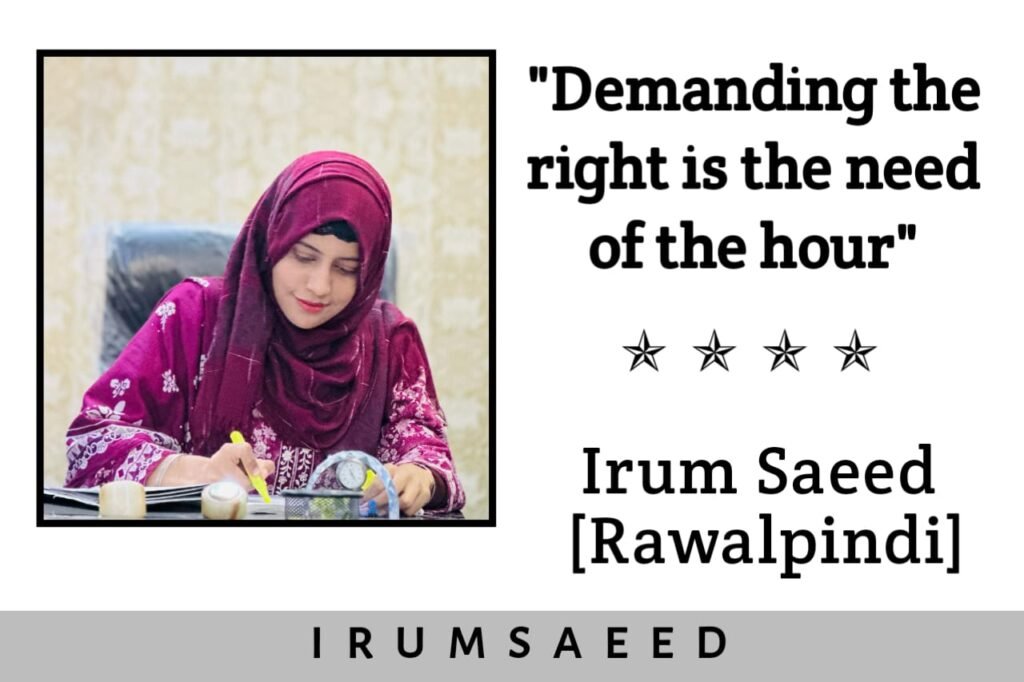
Pakistan is once again in the grip of a terrifying wave of natural disasters. Cloudbursts, landslides, and flash floods in different districts of Khyber Pakhtunkhwa have caused devastation that shakes the hearts of those who witness it. According to official figures, the death toll in Khyber Pakhtunkhwa alone has reached 337, including 273 men, 29 women, and 21 innocent children. The number of injured stands at 169, while hundreds of houses, schools, and roads have been wiped off the map.
The worst destruction occurred in District Buner, where thousands of people lost their lives. In Beshu Nai, Batai Dara, and other areas, mass graves were dug, and as many as 23 members of the same household were buried together. These are not just statistics but shattered dreams and extinguished hopes carried away by merciless waters.
Humanity Needed More Than Politics:
This is not the first time rains and floods have wreaked havoc in Pakistan. Every year the same story is repeated: government claims, relief packages, ministerial visits, a few days of media attention, and then everything is forgotten. The real question is: when climate change was knocking at our doors, why did state institutions and political leadership remain in a slumber?
Chief Minister of Khyber Pakhtunkhwa, Ali Amin Gandapur’s visit to the affected areas is certainly a positive step, but are visits and announcements alone enough? Victims need immediate relief — shelter, food, medicine, and clean water. Prime Minister Shehbaz Sharif has also directed the NDMA to carry out emergency relief operations, but all this is happening after thousands of families have buried their loved ones and thousands of children are sitting under open skies.
The Test of State Institutions:
Reports from PDMA and NDMA mention trucks of relief goods, tents, and blankets. But the ground reality is that many villages are still deprived of aid. In the mountainous areas of Buner, Shangla, and Swat, dozens of people are still trapped under rubble. The Army Engineers Corps has cleared roads, participated in rescue operations, and set up field hospitals. But is this a permanent solution or just temporary relief?
In Pakistan, disaster management authorities always become active “after the disaster.” No planning is visible “before the disaster.” This remains our biggest failure.
According to reports, 61 schools have been completely destroyed and 324 partially damaged. It is heartbreaking to imagine that the children who were reading books yesterday are today burying their parents. The educational structure of the province was already fragile, and this calamity will now produce another illiterate generation in the years to come.
The economy of Khyber Pakhtunkhwa was already weak. Hundreds of thousands of people work as laborers in Gulf countries or cities like Karachi. Now, with thousands of homes destroyed and fields washed away, these families will sink further into poverty. The government has announced 800 million rupees and special packages worth millions for specific districts, but this amount is merely a “drop” with which a fire is being fought.
The devastation caused by floods has once again raised the question: is our political leadership only engaged in the tug-of-war for power, or is the genuine service of the people also on their agenda? Despite the announcements of the provincial government and the funds from the federal government, the voices of victims echo: “We still haven’t received anything.” If state institutions fail to support the people, this vacuum will be filled by local jirgas, religious organizations, or NGOs, further weakening the credibility of the state.
Pakistan is among the countries most affected by climate change, but unfortunately, this issue is not being taken seriously at the national level. Cloudbursts, landslides, and flash floods are no longer unusual events, they are becoming routine. The question is: how long will we keep counting the dead each year and feel satisfied by dispatching a few trucks of relief goods? Should planning be done after the rains, or before?
This tragedy is not just a test for the government or politicians but for the entire nation. Philanthropists, NGOs, student groups, and ordinary citizens must stand with the victims if these wounds are to heal, at least partially. But we must also remember that temporary sympathies are not enough. We need long-term planning: dams must be built, illegal constructions along rivers must be stopped, and above all, fair distribution of resources must be ensured.
The graveyards of Buner, Bajaur, and Shangla are filled with mass graves. More than 20 members of a single family were buried together. These scenes are not only a human tragedy but also an obituary of state failure.
If we do not correct our priorities, these disasters will only grow in the coming years. Political promises, institutional reports, and temporary media coverage cannot heal the wounds of victims. What is truly needed is the resolve that the state and the people together build a strong system to confront natural disasters.
The time has come to place politics under humanity, not sacrifice humanity for politics.
By: Irum Saeed

